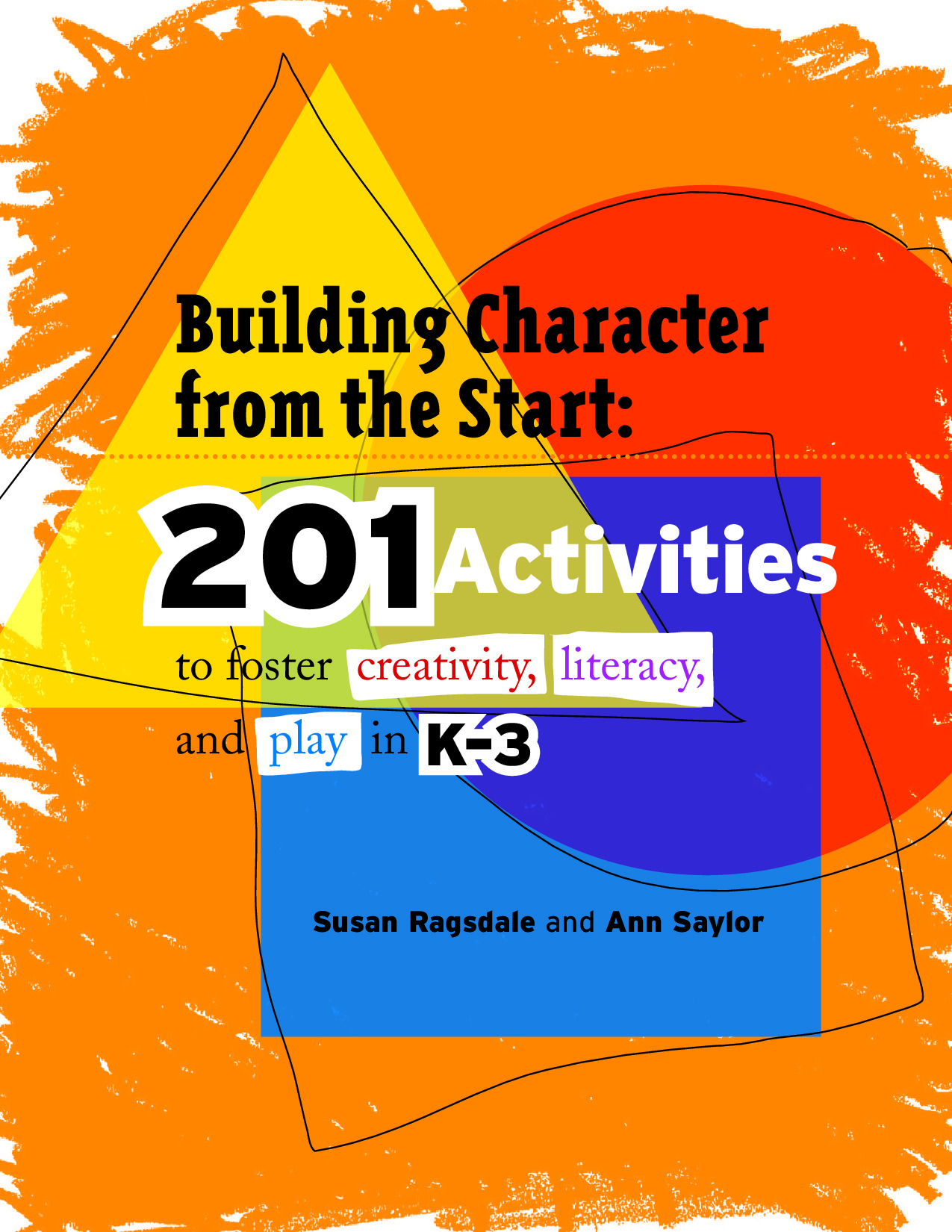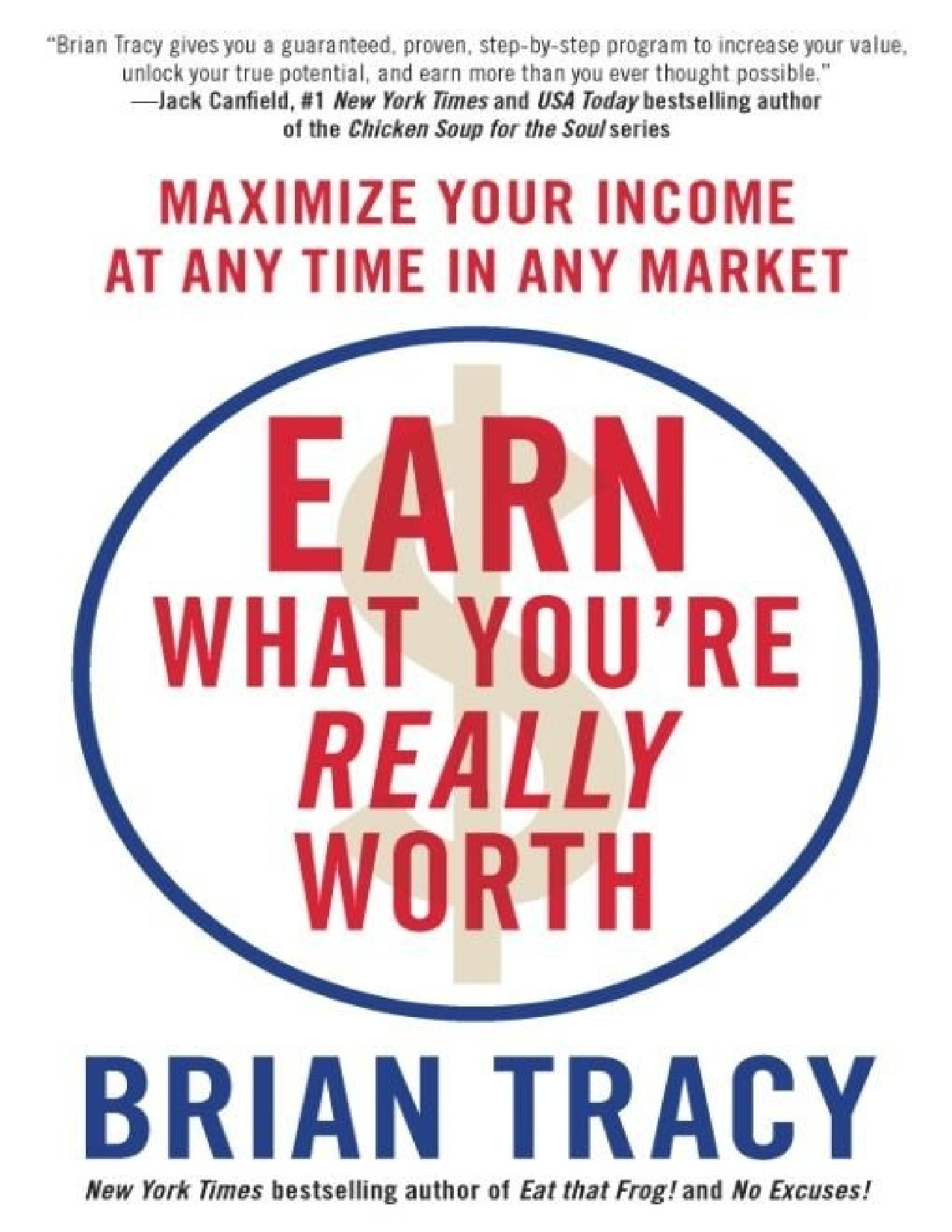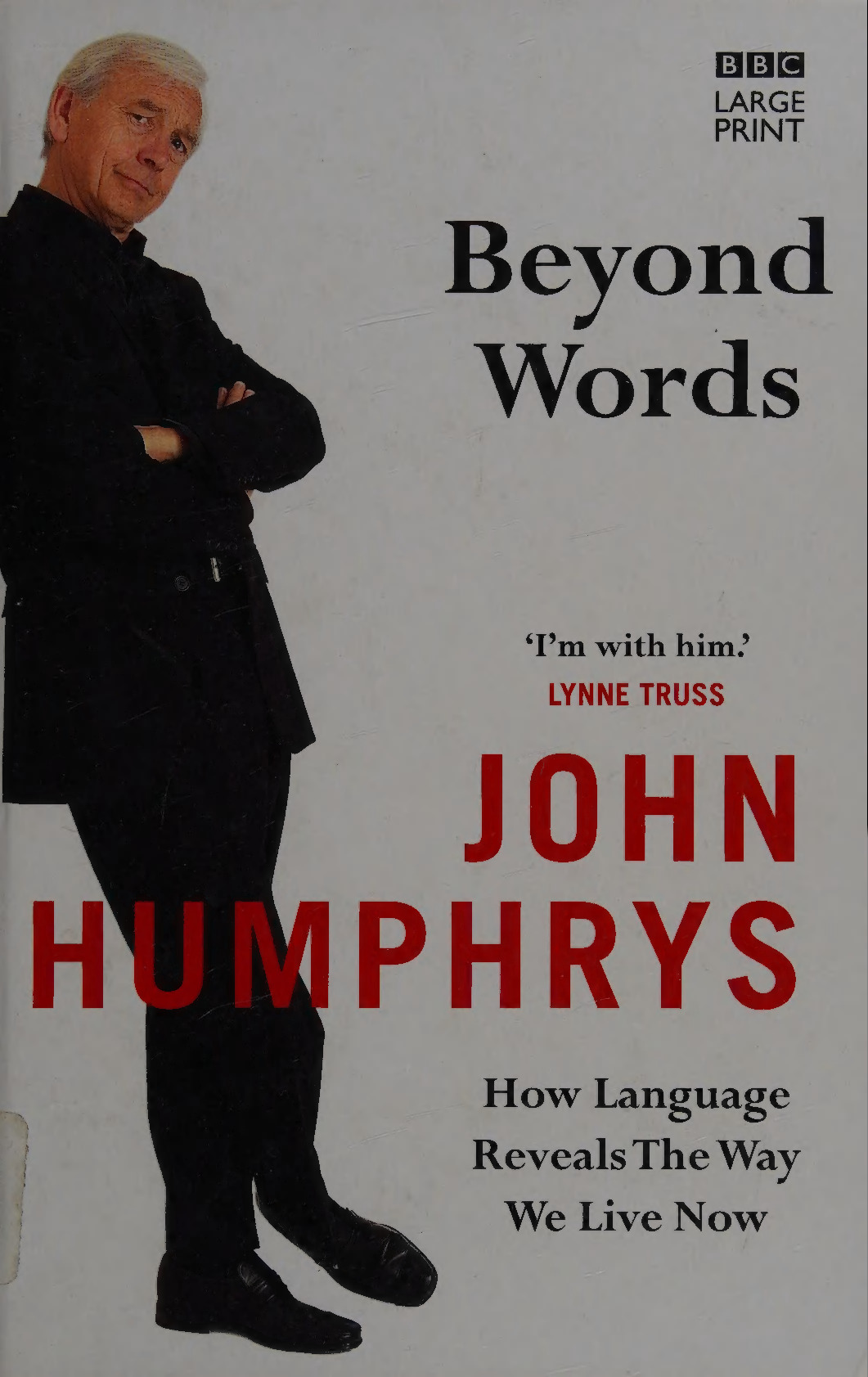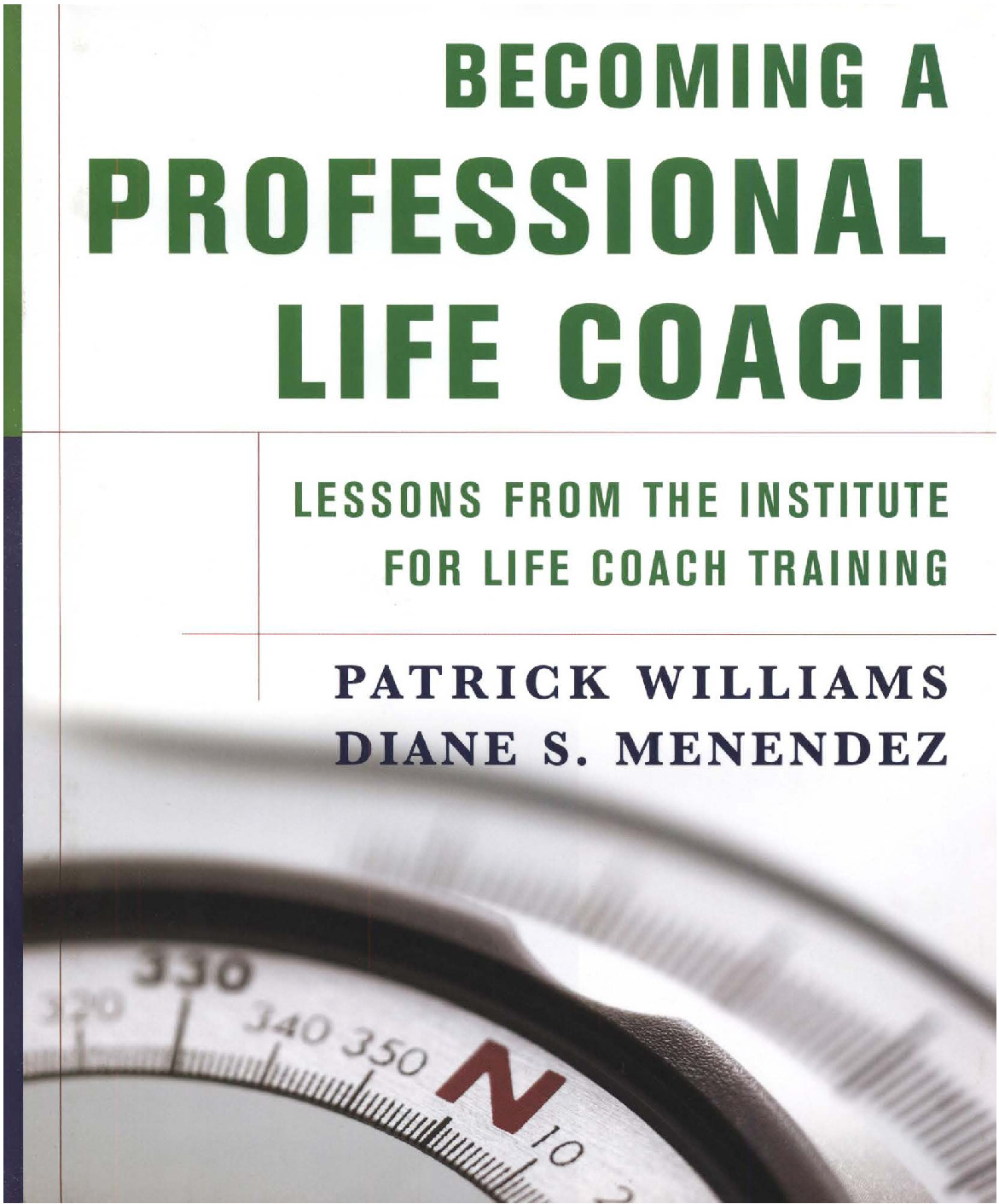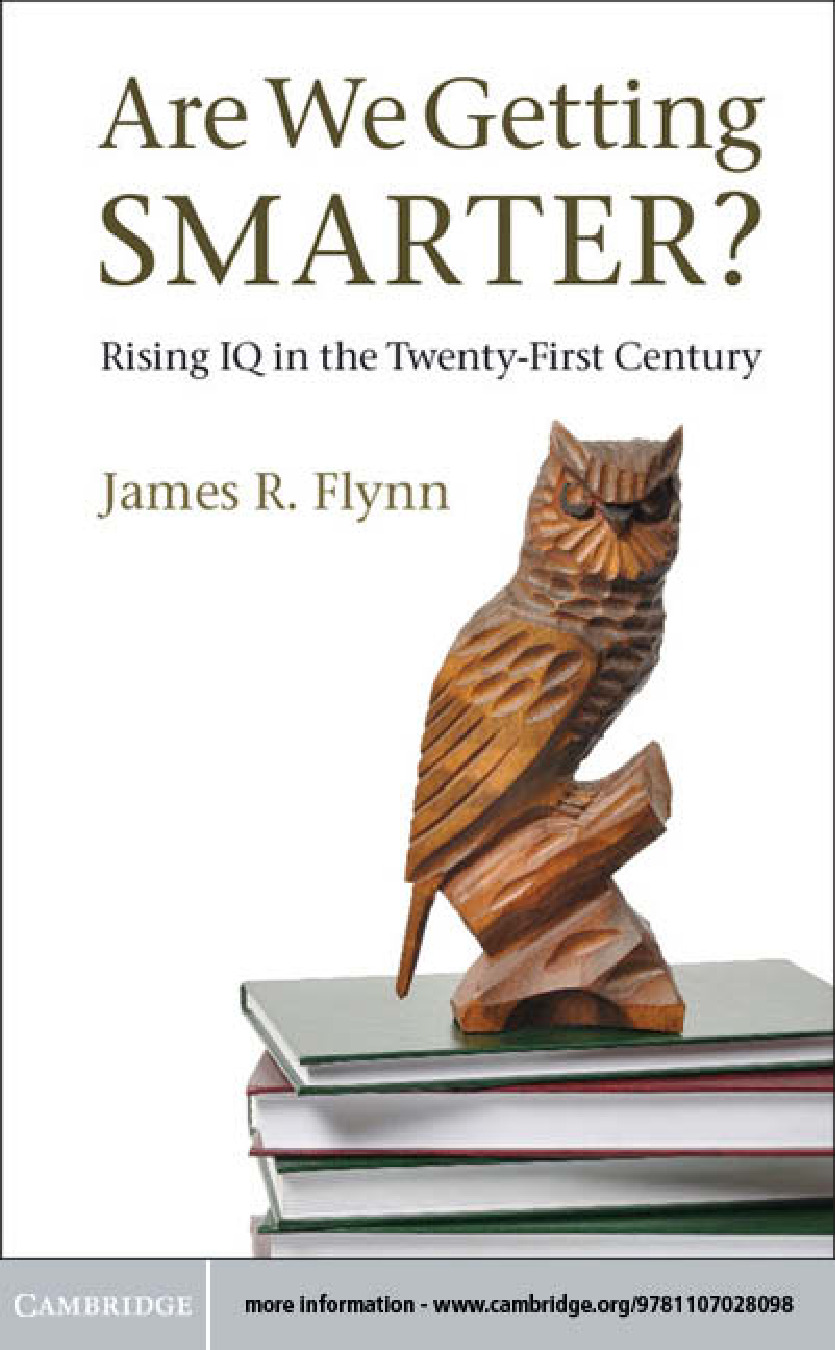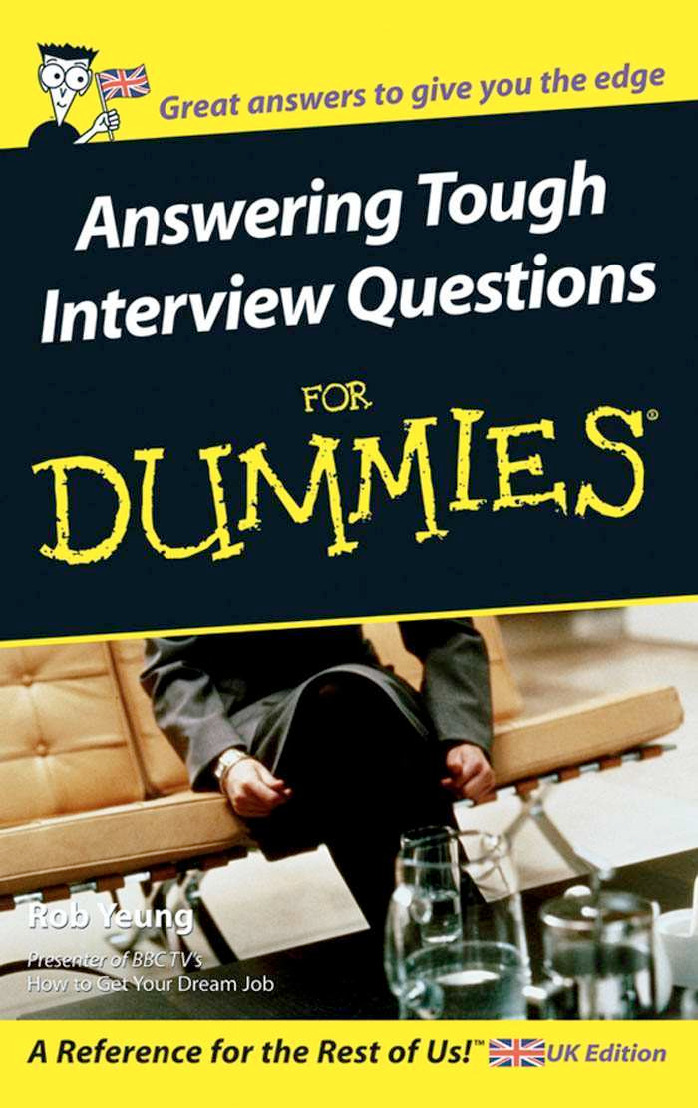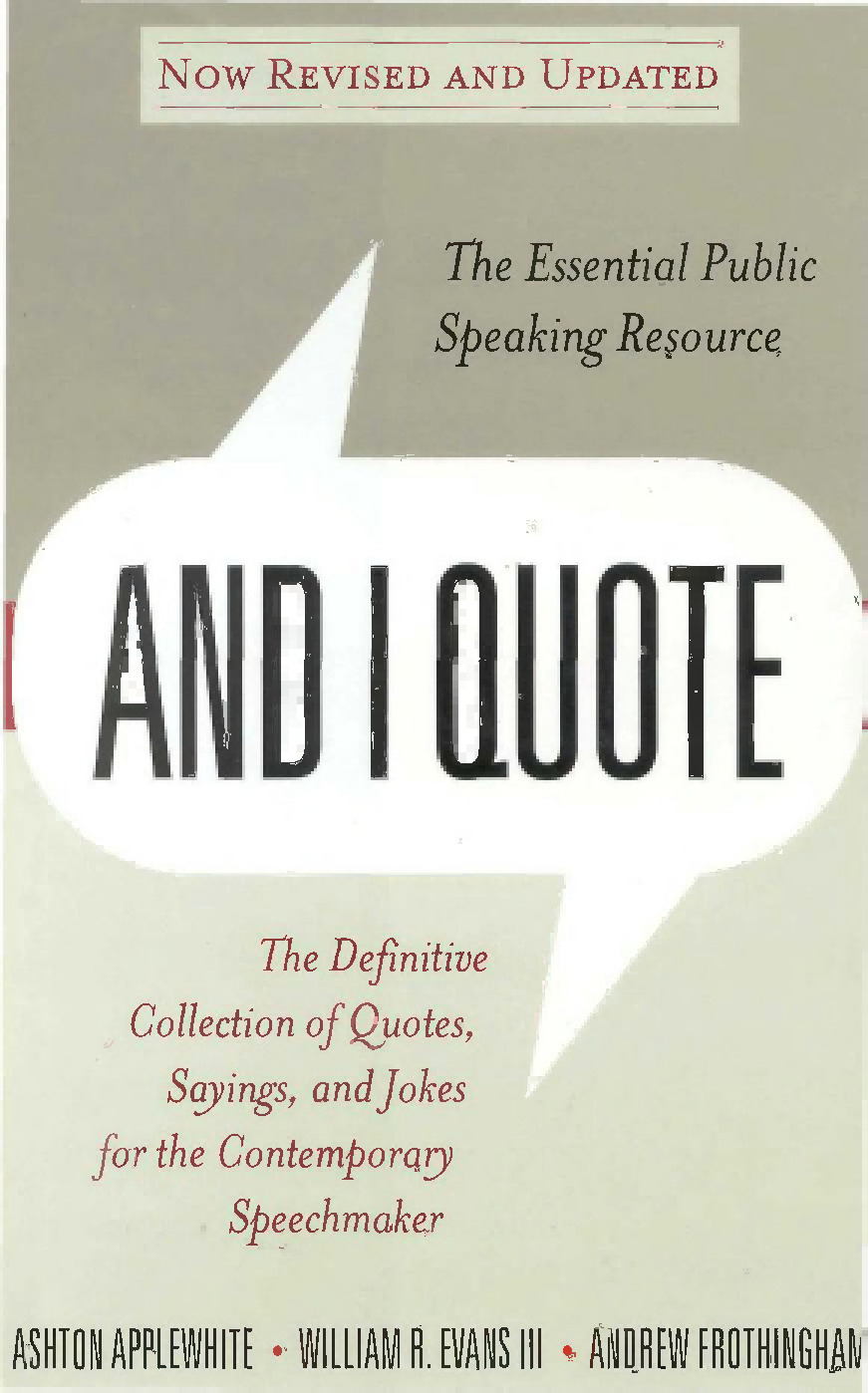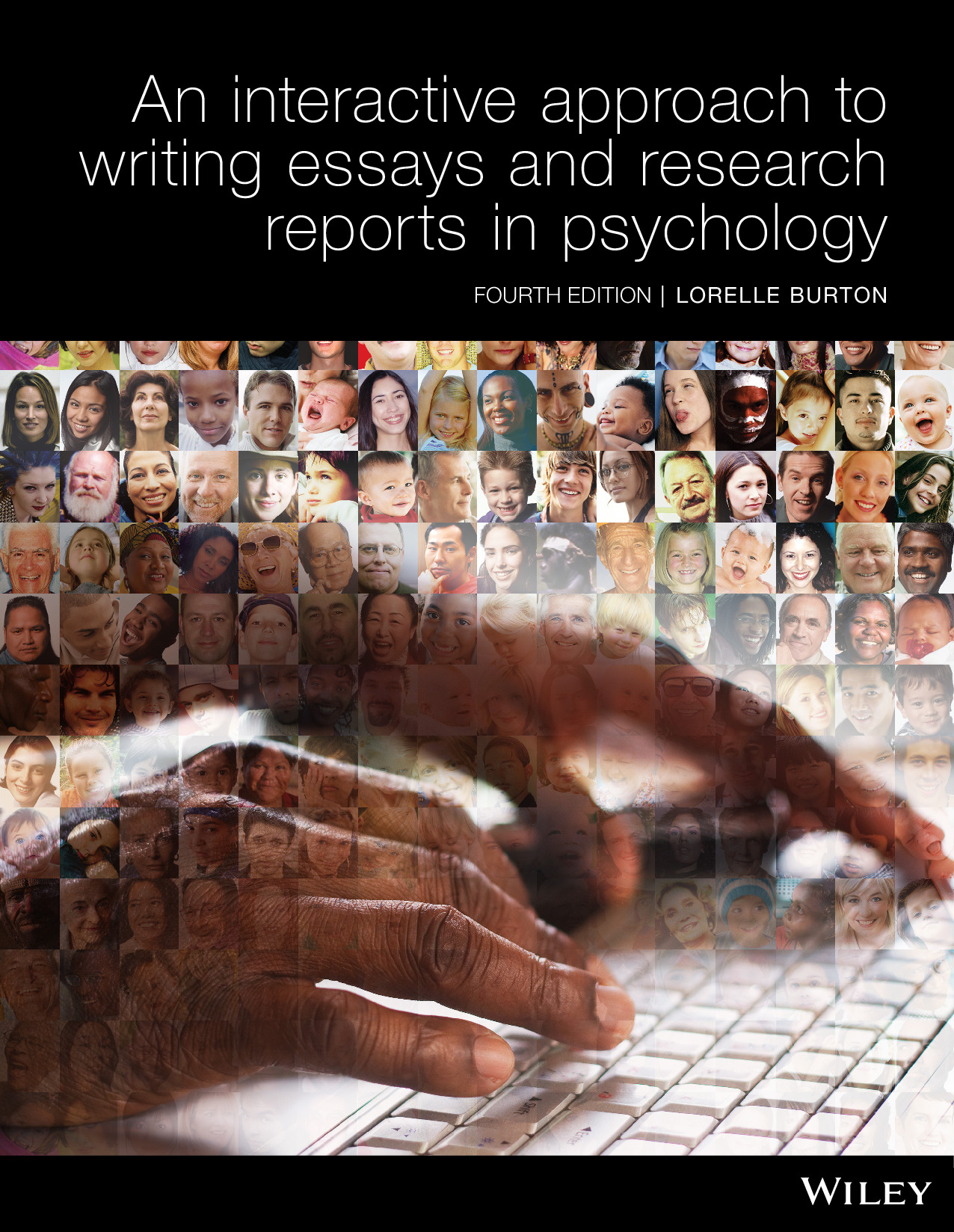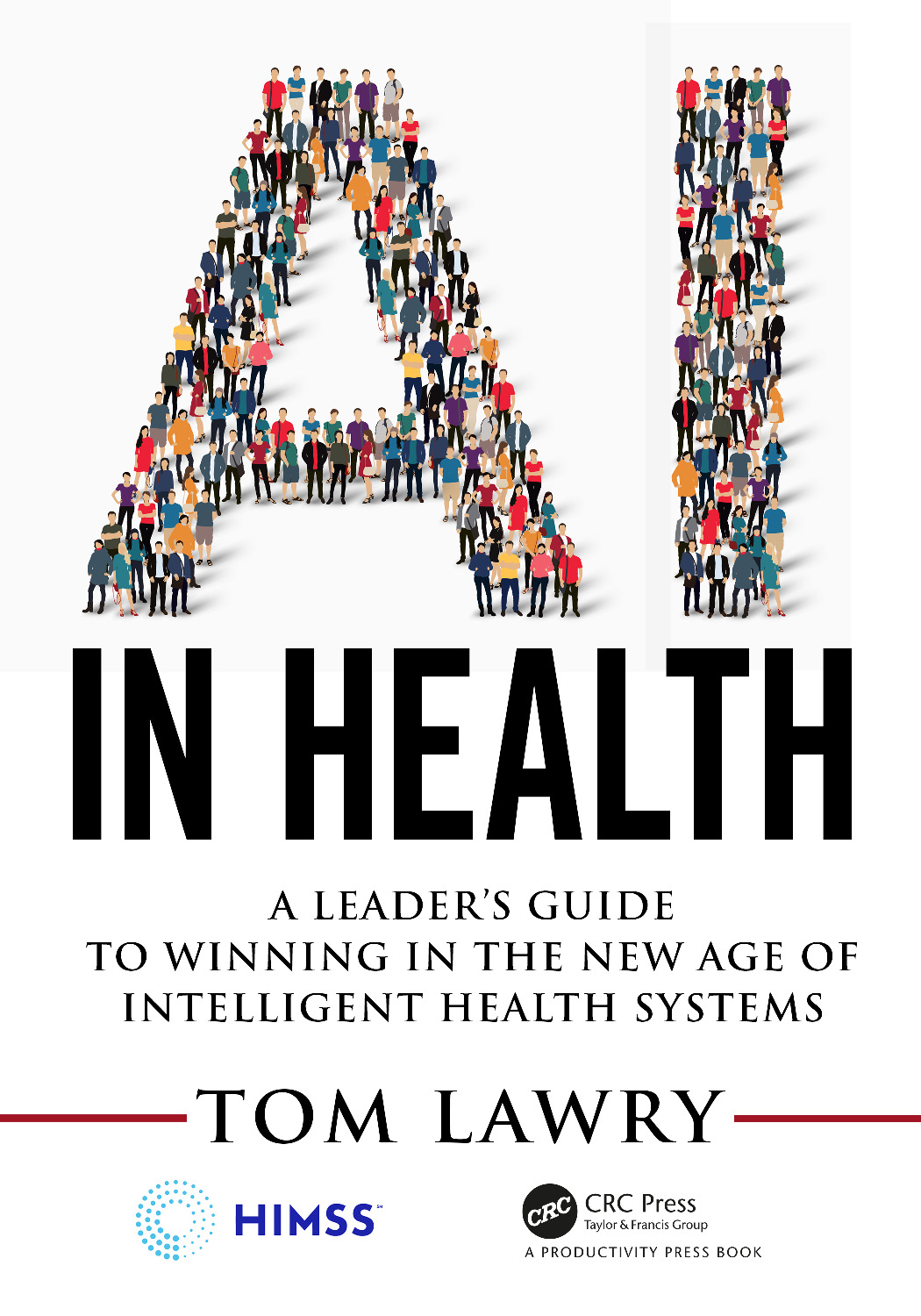William Shakespeare_s Romeo and Juliet (Bloom_s Modern Critical Interpretations)
When asked to compile a dictionary of Shakespeare’s informal English...
William Shakespeare_s Romeo and Juliet (Bloom_s Modern Critical Interpretations)
Benefits of Reading Books
Boosts Knowledge
Every book you read fills your mind with new information and ideas, making you smarter and more informed.
Enhances Focus
Reading regularly improves your ability to concentrate and stay focused on tasks longer.
Improves Communication
Exposure to new words and writing styles helps you express yourself better, both verbally and in writing.
Reduces Stress
Getting lost in a good book relaxes your mind, lowers stress levels, and improves overall well-being.
Develops Critical Thinking
Books challenge you to think deeply, analyze viewpoints, and solve problems creatively.
Inspires Growth
Books offer practical advice and motivation to guide your career and personal development.
